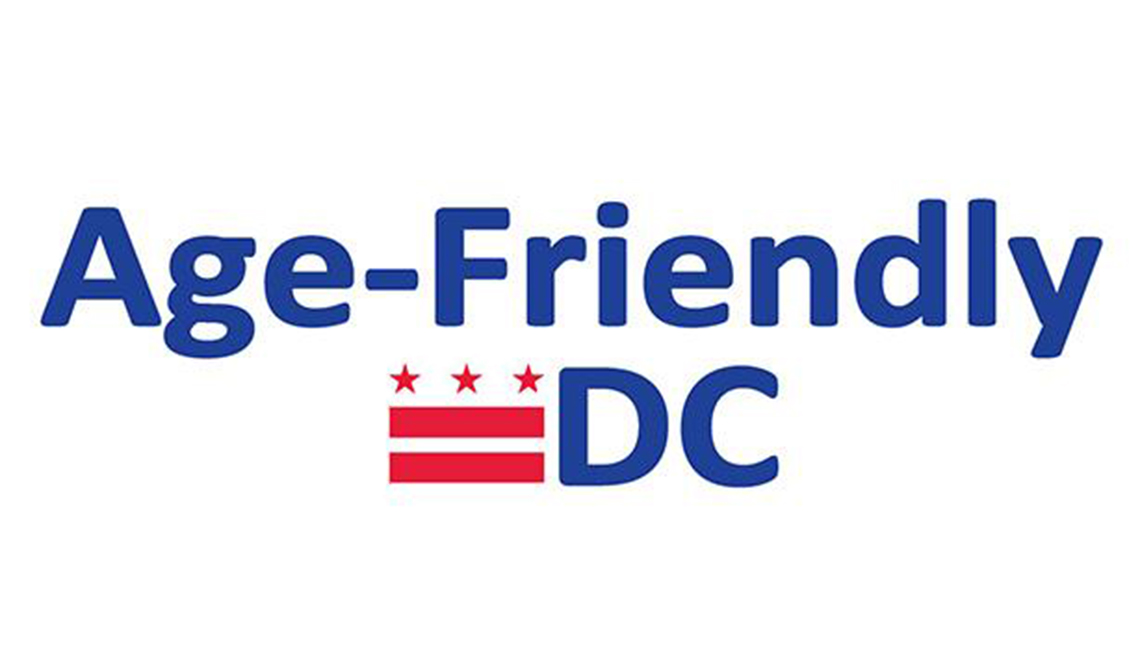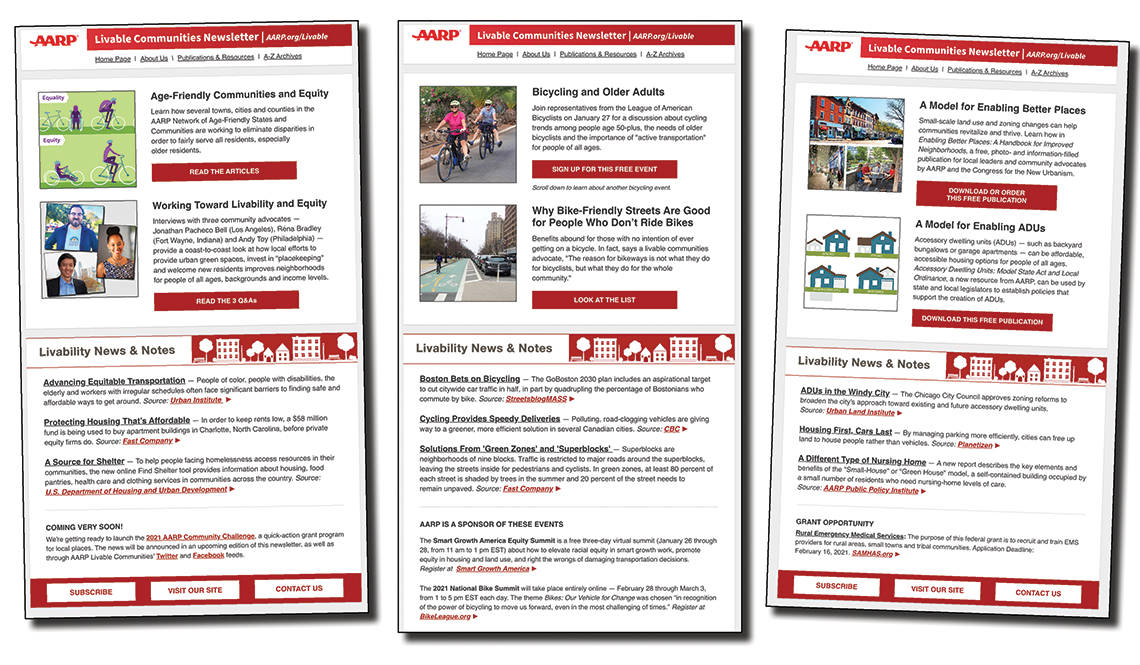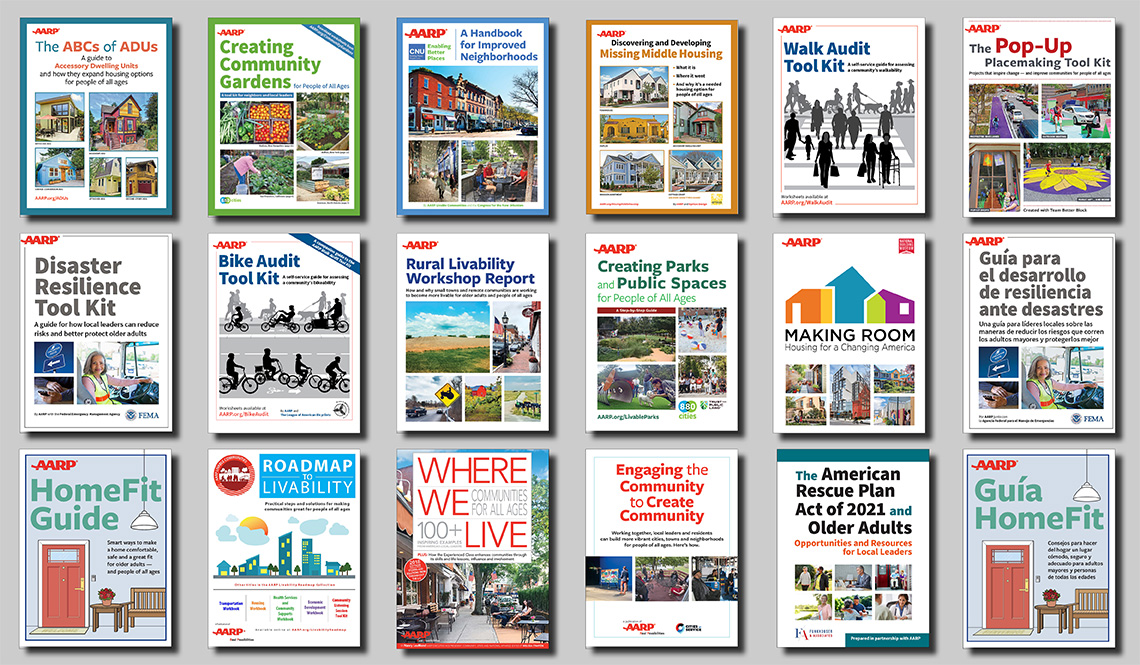Age-Friendly DC Responds to COVID-19
How the community is serving and protecting its older residents
Washington, D.C., is home to 705,000 people, 12 percent of whom are 65 or older. A member of the AARP Network of Age-Friendly States and Communities since 2012, the district's age-friendly effort is called Age-Friendly DC.
Community Representatives:
Kohn and Cotlear explain how the district is helping its older residents during the coronavirus pandemic.
(Information provided to AARP on June 11, 2020)
The Challenge
“Our approach during this time has been to engage with and help older adults while preventing the further spread of COVID-19. In doing so, we've aimed to prevent isolation and loneliness. We're working to address both new and changed needs as well as continue working on our existing goals in a new framework."
The Response
"We're fortunate to have a robust network of agencies and community organizations that support older residents so we've been collaborating widely in our approach.
"Washington D.C. is the home to 17 village-style communities, several of which are also members of the Village to Village Network. Many of the villages in D.C. have taken it upon themselves to regularly contact members to check on their well-being and see if they need any support or resources. The villages, along with wellness centers and faith-based communities are all keeping in touch with participants and distributing food and protective equipment.
The Focus Areas
"To address food security, the Department of Aging and Community Living has revamped its programs. Its contractors now deliver meals to over 5,000 residents who would have previously attended nutrition sites that are now closed due to COVID-19. Residents can call the Information & Referral/Assistance helpline for meal assistance.
"The COVID crisis has revealed the huge barriers that keep many older adults from staying connected with people and resources outside of their home since many are unable to easily access and use technology. One way we've addressed this is to have a strong partnership with the Office of the Chief Technology Officer and the DC Public Library. Both departments offer technology training through community organizations using WebEX, Zoom, Facebook, Twitter and other platforms. For seniors who don't have access to the internet or a smartphone, we've been working with donors, authorities and agencies to see if there is a to distribute phones. With the social distancing requirements, technology is an essential means of social connectivity.
"We also see COVID-19 as an opportunity to shine a light on equity by promoting entrepreneurship, behavioral health support and engagement through civic participation and workforce development.
Response Partners
"For example, we partnered with AARP DC to encourage participation in the Census. We're continuing to work on projects in our 2023 Strategic Plan, such as our LGBTQ Intergenerational Synergy Home Sharing Pilot Program, which supports LGBTQ young people age 18 to 24 who are beginning careers in long-term care by becoming certified nurse assistants. The program pairs them with LGBTQ elders who have extra rooms in their apartments and homes and can provide the needed housing."
The Results, Thus Far
"Through our efforts and the efforts of our partners, we suspect that most older residents are being contacted by Age-Friendly DC, government agencies or nonprofit partners. One immediate result we have seen is that more 60-plus residents are participating in our virtual Age-Friendly DC meetings than previously attended our gatherings across D.C.
"Through our COVID-specific work and our existing relationships in the area, 44 D.C. agencies have integrated Age-Friendly DC strategies into their work with a particular focus on incorporating COVID-19 precautions. While it's hard to assess the immediate impact, we intend to evaluate these programs, in addition to our previously planned ones, upon the completion of our 2023 Strategic Plan."
Research by Shosanna Preuss | Article published June 2020
- Learn about the AARP Network of Age-Friendly States and Communities
- Check out the network's Member List
- Connect with AARP Washington D.C.
- Find more Age-Friendly Responses to COVID-19
Stay Informed
The weekly, award-winning AARP Livable Communities e-Newsletter provides local leaders with information and inspiration for making their town, city or neighborhood more livable for older adults and people of all ages. Subscribe today!
AARP.org/Livable
Enter a topic, name, place, etc.




